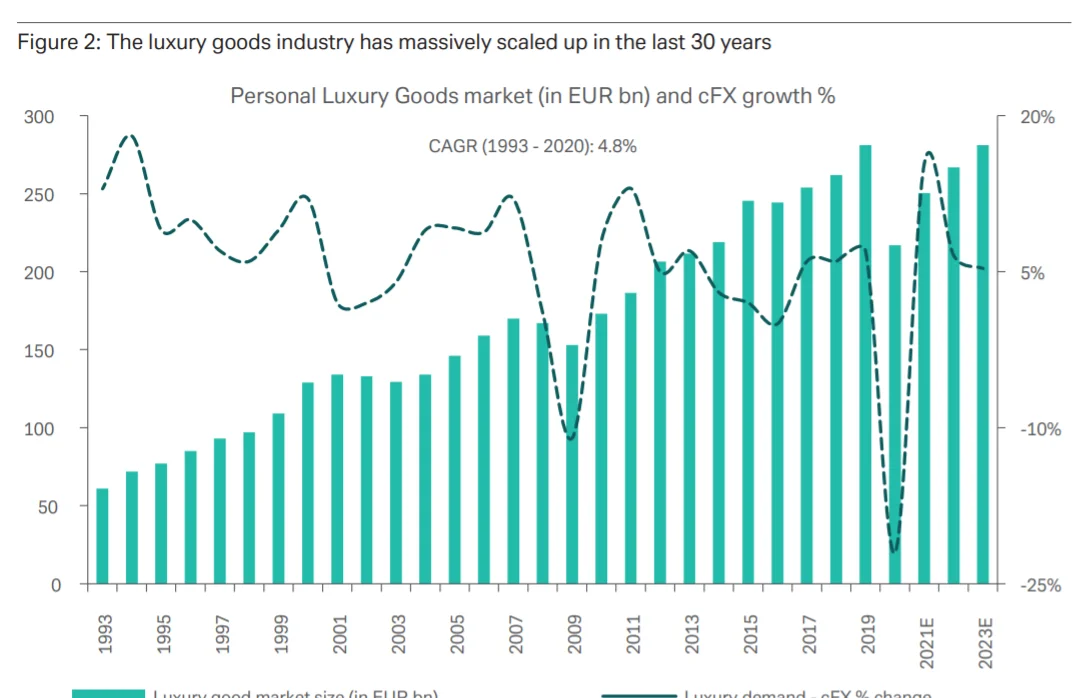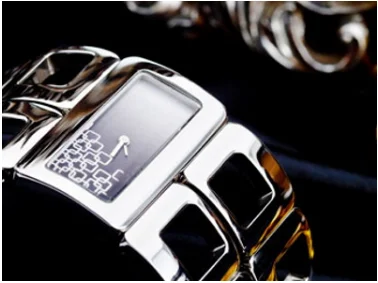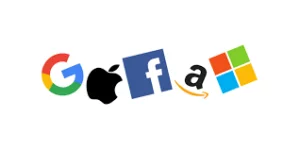Deutsche Bank er sikker på én tendens: Sustainability-revolutionen er begyndt. Miljøet og klimaet vil definere vores tid, og det er især de yngre forbrugere, som står bag. De vil omsætte deres holdninger i deres indkøb, og de vil vælge brands, der svarer til deres holdninger, også selv om det bliver dyrere for dem. Det vil gavne selskaber med en stærk ESG-profil, men især inden for luksusbranchen, og det vil gavne selskaber med en stærk social virksomhedsprofil (CSG). De bliver fremtidens vindere. Det får en række virkninger for virksomhederne: De bliver nødt til at have fuld kontrol over forsyningskæden for at sikre eksklusiviteten. Men det gør det muligt for virksomhederne at tage en højere priser.
Sustainability as the ultimate luxury: how realistic?
ESG matters, and luxury brands need to walk
the talk
The sustainable revolution has begun: the environment
is the defining issue of our time, and younger
consumers are seriously concerned about it. A new
generation of consumers increasingly back their
beliefs with their shopping habits, favoring brands
that are aligned with their values and avoiding those
that aren’t.
Luxury goods companies are rushing to
shine in ESG terms by ticking all the possible boxes
from a reporting standards and an objective setting
viewpoint. While there is some true action behind
it, and tangible results to come, we sense this is
still mostly high level image building. We believe
environmental, social and governance issues (ESG)
are here to stay, and the ability to extend the efforts
further and blend newness, quality and Corporate
Social Responsibility (CSR) themes will shape the
winners of the future.

World 2.0 vs just a formal change
World 2.0 means implementing radical changes to
products, durability, production processes, distribution
and ultimately the business model with potentially
profound changes to sourcing and manufacturing,
including building circularity and deciding the level of
involvement in resale or rental.
Based on two high profile brands with different business
models used as case studies, we estimate that units produced
and sold between 2000 and 2019 tripled. We believe
companies will have to produce less, avoid waste, and
make products that last forever; arguably, embracing a
tighter, supply driven distribution model.
Is a return to exclusivity the answer?
In our view, exclusivity is a good base from which to
reset the manufacturing towards a more controlled,
more qualitative supply chain with greater proximity
to the brands. Over time luxury brands have
demonstrated a willingness to increase more and
more control over the value chain. Higher control on
distribution and production would promote higher
exclusivity.
This is not only an economic advantage,
but it allows brands to have full product visibility
and traceability and to use it to promote sustainable
practices as well as differentiate the brand with
consumers. Exclusivity could also provide a lever
to further extend pricing power: we estimate
prices increased at a CAGR of ~4% from 2000 to
2020.











